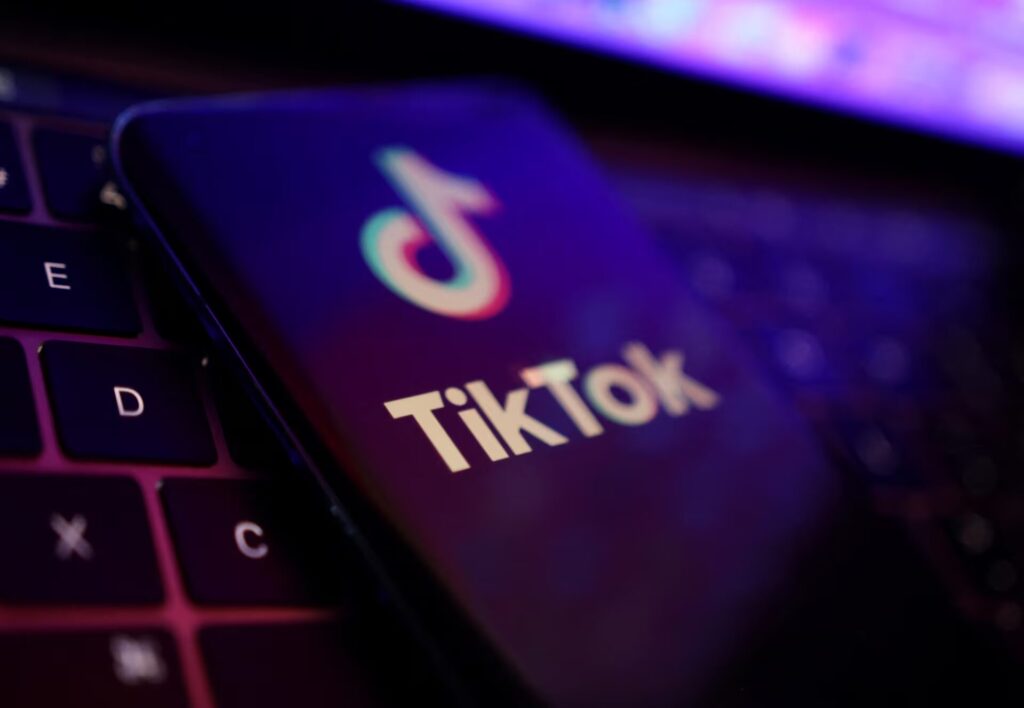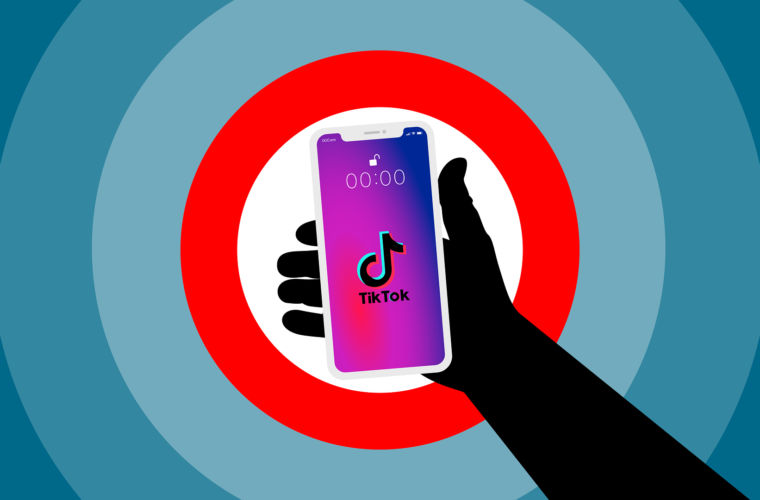Albania banning TikTok: TikTok has become more than just a social media app; it’s a cultural phenomenon of our time. Its short but engaging videos have captured the attention of millions of people, especially children and teenagers, who are now using the platform to follow trends, engage with others, and share experiences.
However, there is a more concerning reality hidden behind the surface of this online app. Despite its appeal, TikTok could also serve as an environment for harmful practices, including manipulation, cyberbullying, and the uncontrolled spread of offensive content. As TikTok’s influence continues to grow, so do the questions surrounding its impact. Are these kinds of sites protecting their most vulnerable users enough?
The global wave of TikTok bans
Governments all across the world have taken action to limit its reach, frequently on the grounds of national security. Concerned that foreign groups could access critical data, the US, India, and certain areas of Europe have implemented limitations on the app, especially on government devices. Although geopolitics frequently plays a major role in these choices, they also reflect a larger concern about the app’s widespread use.
TikTok has been a matter of public discussion in Albania after a horrific incident involving minors. According to Prime Minister Edi Rama, the decision to ban TikTok was not a rushed response to this tragic event but rather was part of a larger strategy to protect national cyberspace. However, the case brought to light the alarming rate at which harmful content can spread online, forcing Albania and the rest of the world to face larger consequences of uncontrolled social media platforms.
Despite having their roots in valid concerns, the restrictions fall short of addressing the more fundamental problem of social media’s capacity to hurt people, especially kids. Limiting the platform is just one step; understanding and minimizing its social and psychological effects is a much more difficult task.
The exploitation of young minds and cyberbullying
One of the most worrying aspects of TikTok is its ability to encourage unsafe behaviours. Its algorithm can favour provocative or extreme content in an attempt to keep users interested, resulting in forums that spread hate and harmful ideas. For young users who are still developing their sense of self, this might become a disaster.
The problem of cyberbullying has become extremely serious. Unlike traditional bullying, it continues beyond the school gate. This means that children can be harassed wherever they go with mean comments, videos, or even specific hate actions. Victims of this cyberattack may feel helpless, which can lead to anxiety, hopelessness, and, in some cases, tragic results.
Bullying is only one aspect of manipulation. TikTok’s focus on views and likes frequently pushes users to go after virality, sometimes at the price of their emotional health or safety. The platform frequently features dangerous challenges and pranks that take advantage of users’ need for online celebrity and peer praise. Young users are at risk for bodily injury as well as a growing sense of inferiority and dependence on outside validation as a result of this toxic cycle.

Albania’s tragedy: a wake-up call for all
A shocking incident in Albania showed the negative aspects of social media. A teenager fatally stabbed a classmate, allegedly after posting about the act on TikTok. This triggered a national conversation on how social media promotes violence. The tragedy highlighted the urgent need for measures to protect the most vulnerable people of Albania, even though the country had already banned TikTok for state devices due to wider security concerns.
Young users are put at risk by the ease with which violent or upsetting content can spread on sites like TikTok. Algorithms that are intended to increase engagement may unintentionally increase negative content, exposing kids to fear and aggression. This tragedy made Albanian officials, educators, and parents realise how important it is to start teaching digital literacy at a young age. It is more important than ever to prepare kids to identify, report, and avoid dangerous online behaviours.
Yet education alone is not enough. Families must play an essential role in building safe online behaviours, with conversations about digital literacy and online safety becoming part of everyday life. To make social media sites like TikTok safer for kids, they need to impose more stringent age limits, improve content filtering, and make sure that rules are applied transparently.
The tragedy in Albania serves as a harsh reminder that protecting young users requires teamwork where parents, educational institutions, platforms, and governments must collaborate to create a safer online environment.
Moving toward a more secure digital future
The TikTok debate is about more than just a single app; it’s about social media’s larger impact on our lives and its ability to influence the next generation. Although the app’s popularity shows how technology can be used to connect and entertain people, its drawbacks serve as a reminder of its obligations. Governments, educators, and families must work together to address the problems brought up by platforms like TikTok. Age verification procedures, stricter legislation, and parental controls are all necessary, but they must be paired with open discussions about online safety and digital responsibility. Platforms themselves must prioritise the welfare of users, especially those who are most vulnerable.
Although TikTok chaos is here to stay, its effects don’t have to be negative. We can ensure that young people are raised in a digital environment that fosters their growth rather than takes advantage of it if we implement strategic regulations, collaborate across industries, and dedicate ourselves to education and transparency. We are all called to action by the tragedy in Albania, which serves as a reminder of all the problems in question.



